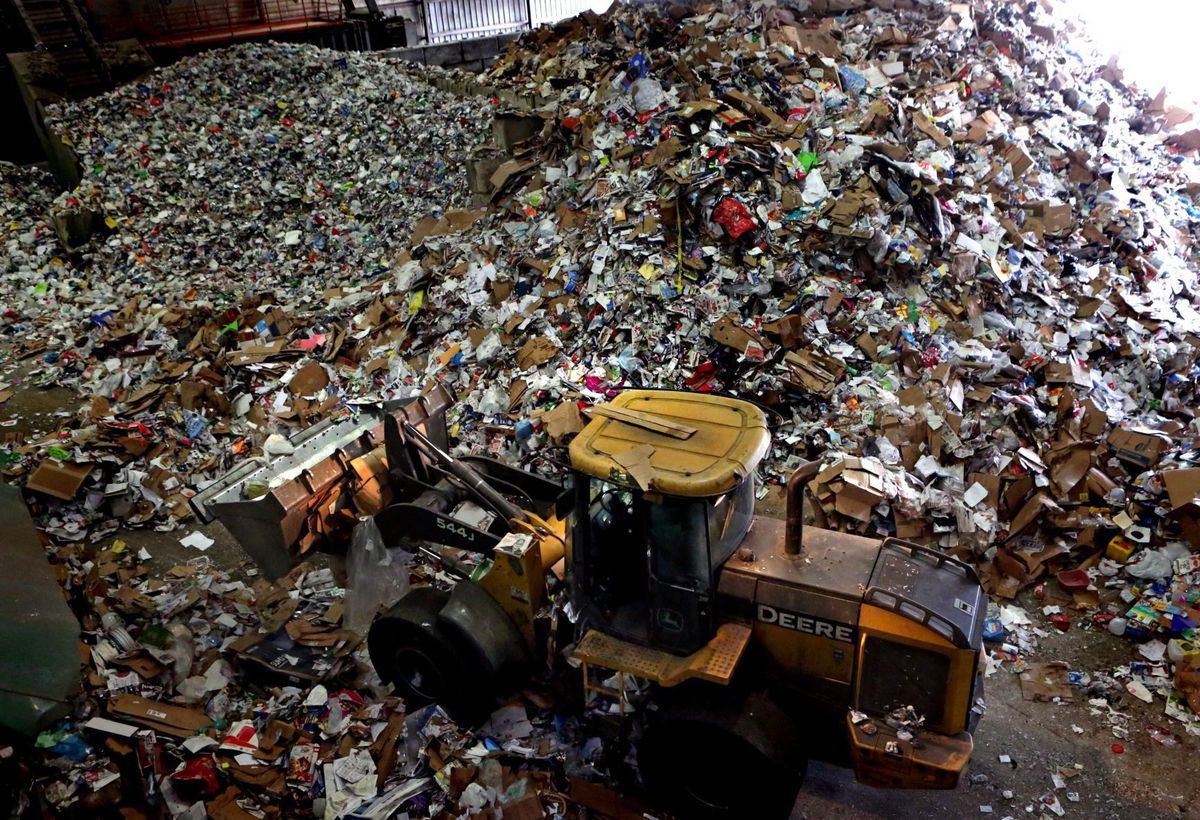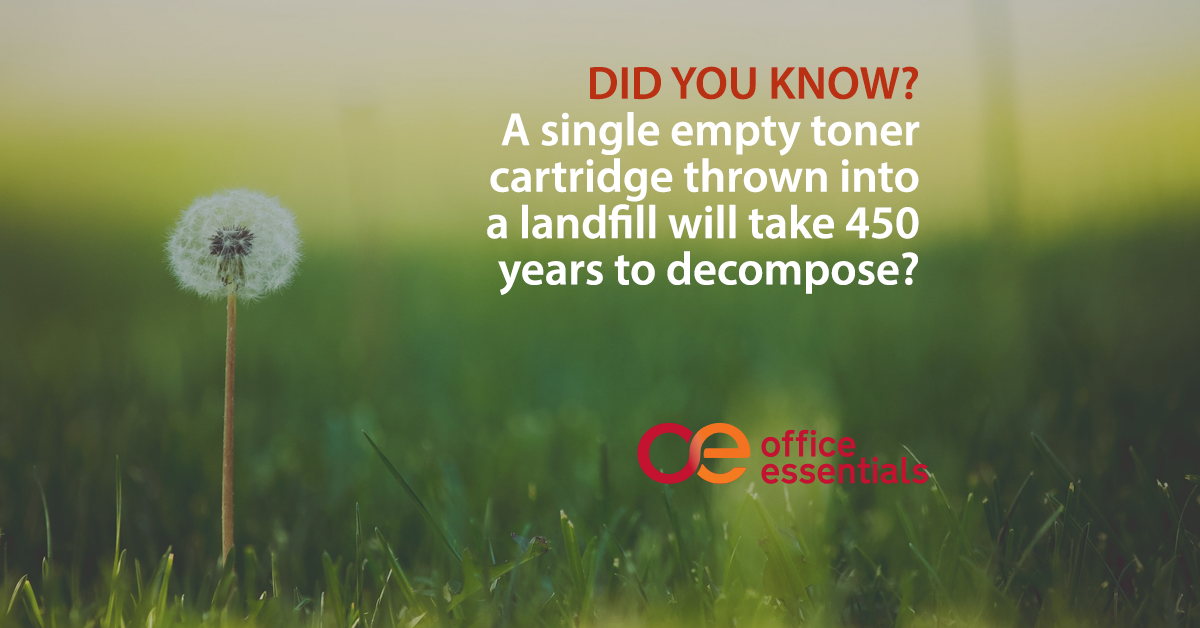
Saturday, April 22nd is Earth Day, and cities around the country are using the occasion to let us know that most of us are recycling wrong. The problem is that most of us don’t know what we can — and can not –throw into our recycle bins. Since not enough of the right materials are going in, and too many of the wrong ones are, this is presenting the recycling industry with two threats: the value of recycled materials is declining while costs to extract them are increasing.
There is value in recycling, which is the reason behind the stepped-up effort to get us to do it better. There are the cost-savings and environmental benefits of using landfills less, it reduces the expense and impact of harvesting raw materials used to manufacture new products.
The USA Today has a great post about the issue, which is well worth a read:
“Our contamination changes by the season,” said Mike Taylor, the company’s director of recycling operations here. Since it’s spring, the facility is getting a lot of garden hoses. Around the holidays, they get broken strands of Christmas lights, another choking hazard for the sorting line. And all day every day there are plastic shopping bags (recyclable at a grocery store but not from a household), chunks of styrofoam, diapers, syringes, food-contaminated containers … a nearly endless litany of things that residents throw into their curbside recycling carts figuring they are or ought to be recyclable. One worker grabs the remnants of a screen door off the sorting line while another snags a wire rack from a DIY shelving unit
We consider ourselves pretty good recyclers here at Office Essentials, but it turns out there were many things we didn’t know or were wrong about. This article from the St. Louis Post-Dispatch does a good job explaining where we were going wrong, and was also an eye-opening read.



